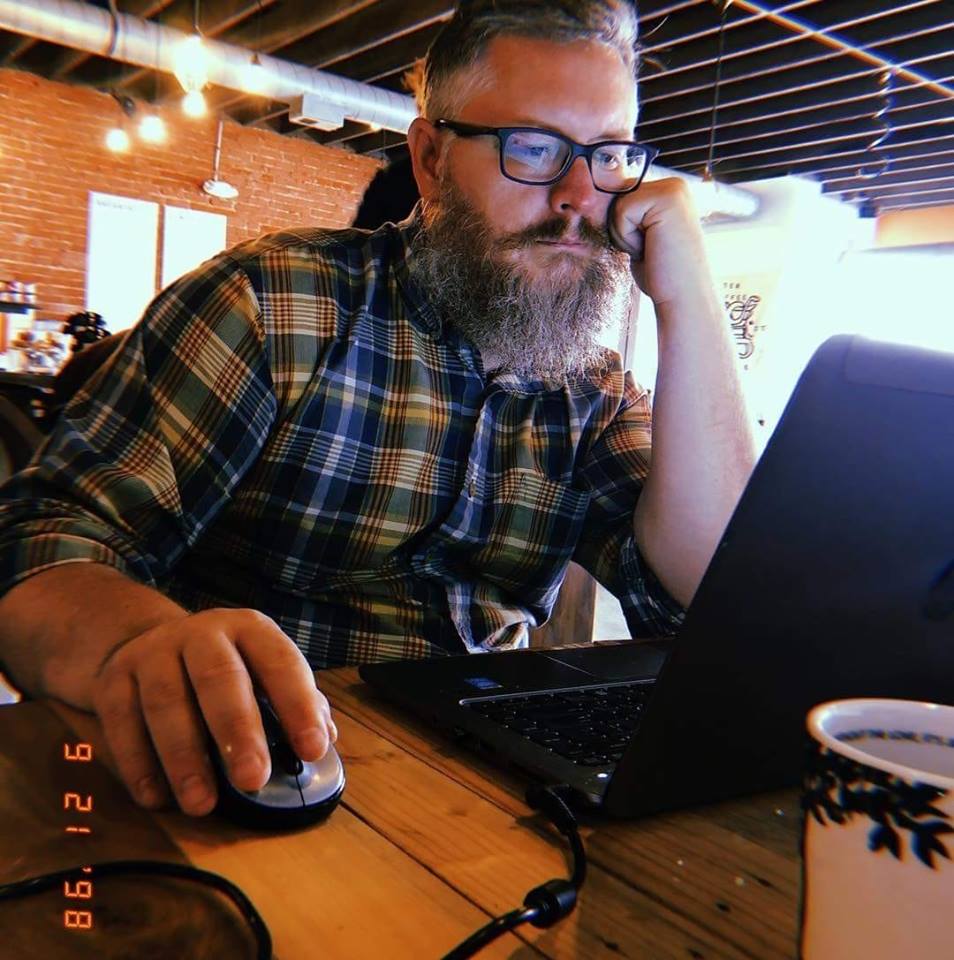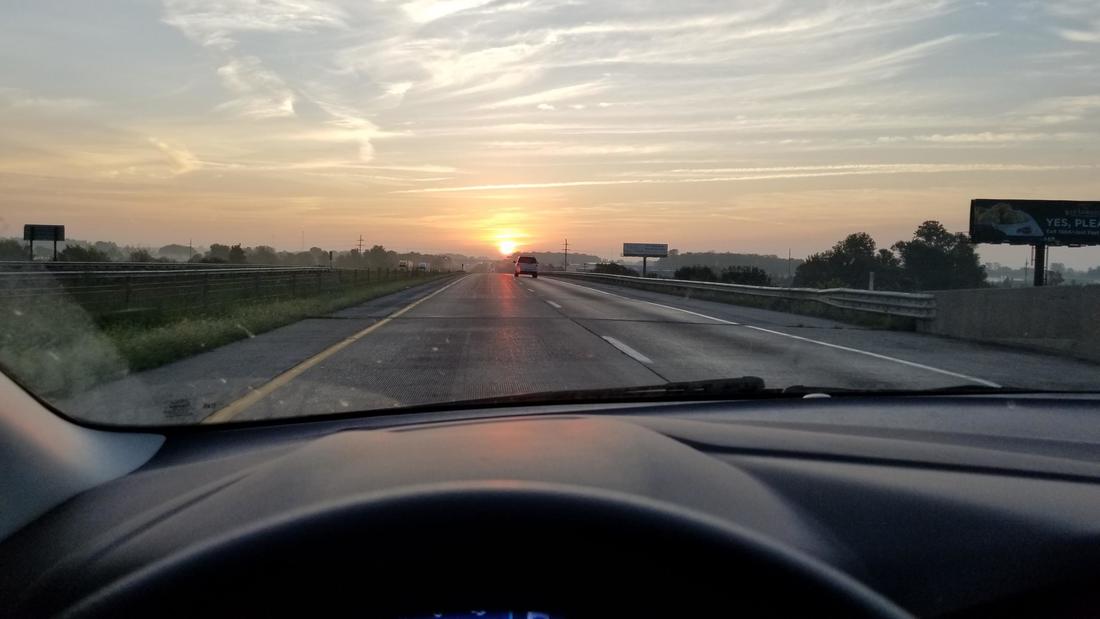|
If you haven't heard by now, the office of a popular and irreverent political satire magazine entitled Charlie Hebdo was attacked at their new headquarters in 20th arrondissement of Paris near the famed Pere Lachaise cemetery. (Only four kilometers from where my wife and I stayed the first time we visited Paris in 2000.) Yesterday, on January 7, 2015, the lead editor and cartoonist, three other political cartoonists, an economist, and seven other persons including a wounded, unarmed police officer were killed in an attack at 11:30 a.m. in broad daylight. Two gunmen entered a building walked through the offices, entered a meeting room and shot the cartoonists after calling out their names. By all accounts, it was a professionally executed attack rolled out with military precision. I'm sure more information will come to light in the next few days. Here is a video report of the attack followed by a reflection upon what is at stake. To say Charlie Hebdo is irreverent is an understatement. It's very provocative in its satire. Most of the jokes are sexual in nature. Google "Charlie Hedbo" and click images if interested more detailed analysis, so to speak. Covers from the last few years will come up. They nail religion, Islam, Catholicism, and even the Trinity. They skewer the sexual exploits of Francois Hollande, president of France, as well as take vicious jabs other politicians and world leaders. Everything was a target, and the nothing was off-limits. There should be nothing offensive about knocking down the powerful a few notches. At least, this is how I've been raised. Since 2011, the Stephene Charbonnier, the editor of Charlie Hebdo and one of the cartoonists killed yesterday, has been the center of the controversy, especially since their paper's offices offices were firebombed after a cartoon depicting the Prophet Mohammed in a satirical manner. In 2012, Charb, as he was known, responded to threats on his life by telling journalists, "I prefer to die standing rather than living on my knees." Soon after yesterday's attack, a former employee, Caroline Fourest, now living in Australia told a reporter: "Even if they kill 10 of us, that the paper will not be out next week . . . To have an automatic weapon and kill people is really easy. You don't need any talent to do that. You need talent to be a cartoonist. You need talent to be a journalist. . . .Those people without any talent killed many talented people today just to create this emotion, this shock, this reaction of panic and hatred." As the events of the day unfolded, newspapers and magazines around the world reacted as noted by these caustic and defiant front page headlines led by a big fat middle finger from The Independent. American newspapers and journalists, however, were criticized for blurring the image of the Prophet Mohammed in photographs showing Charb holding up one of the disputed magazine covers from the 2011 controversy. This event is not isolated nor is it only about about religion or cartoons or free speech or terrorism. Living in France for a while, I saw firsthand the derogatory manner received by immigrants, primarily from Turkey. I have followed the struggle in France with Muslim women wearing hajib (veiled head covering) in public. I have seen the segregation of immigrant cultures marginalized into the suburban ghettos surrounding the major cities of France. In this context, ethnocentric behaviors, whether from resident Gaulois or from newly arrived immigrants, have become the norm. A cultural barrier has been erected over the past two decades in the heart of Europe. Two positions have arisen within this divided context--freedom of expression and cultural/religious sensitivity. Supporters have been adamant: that freedom of speech and expression is paramount. This is an established Western value. Critics of the Charb and Charlie Hebdo (and there are many) agree that some things are out-of-bounds and cultural sensitivity should be valued, which is typical of collective cultures of the Global South. Jacques Chirac, president of France when Charlie Hebdo's cartoon controversy first erupted nearly ten years ago, said at the time, "Freedom of expression should be exercised in a spirit of responsibility." What about this is true? Should it ever be true? Is silence golden or a sign of cowardice in the face of a challenge? Honestly, I rarely agree with Chirac, but he was a masterful politician at finding a compromise chiseled through the middle of a tough, controversial issue. A debate on French television puts the issue to Charb (in a black leather jacket) and Tariq Ramadan, an Islamic scholar from Oxford, under the unfortunately prescient banner of "La Liberte Assassinee!" (see video below in French). My questions:
- At what point does free expression turn ugly? Is it always and only intended to make people laugh, think, or sometimes used to attack persons and ideas with which someone disagress without honest debate? When an argument is by-passed without rational reflection and rhetorical engagement, does it lose its right to be expressed by scoffing at its responsibility to honor others? When does it become just arrows shaped as pencils? See some of the recent hand-drawn responses on both sides of the debate posted on Twitter at #CharlieHebdo or #JeSuisCharlie. - At what point does cultural sensitivity turn deadly? Do offensive insults demand to be answered by violent retribution? Will this not lead to an endless cycle of action and reaction? Is there a time to remain silent in the face of offensive, insulting behavior? Does a gun ever need to be the response to a pencil? Should insensitivity to somone who is different--the cultural other--be allowed? Or does it only become an issue when blood is spilled? As a Christian, I have cringed at some of the cartoons from Charlie Hebdo, especially those satirizing Christianity. The only one that really bothered me depicted the Persons of the Trinity in a sexually explicit and vulgar posture, in a way that is not just offensive but ignorant of the Trinity in a theological manner. I understand the need for some to provoke or diminish others' beliefs. I've had it happen to me, and I've been a perpetrator at times. I also understand forgiveness even if it is not asked for or desired. I abhor violence as a response for any offense no matter how great. As a Westerner, I view the cartoons as a valid form of speech and opinion that must be protected, even defended, whether or not I agree with the content. I get the joke, though I may not personally laugh at it. The joker still has a right to be stupid. As a former resident of the Global South, I understand that words and images hurt deeply, more so than in the Western world, and will break a community apart, and that memories are long and pain rarely diminishes with time. As a cross-cultural observer, I wonder if Charles Kraft's notion of receptor-oriented communication applies at this point. I teach that whatever a cross-cultural guest says or does, it must be viewed and evaluated through the filter of the receptor, the audience, the host culture. When does one just keep one's mouth shut, and when does one shout in defiance? I think defiance is a valid response only when a universal value is neglected or damaged. But, violence is not an option. What is more important human life or social reputation? Do words have consequences? Who is responsible for bringing different worlds together? Welcome to our world, the one we inhabit together. How will we respond? How will we break down these barriers?
0 Comments
Leave a Reply. |
Bio
teacher, writer, Archives
August 2022
Categories
All
|



 RSS Feed
RSS Feed